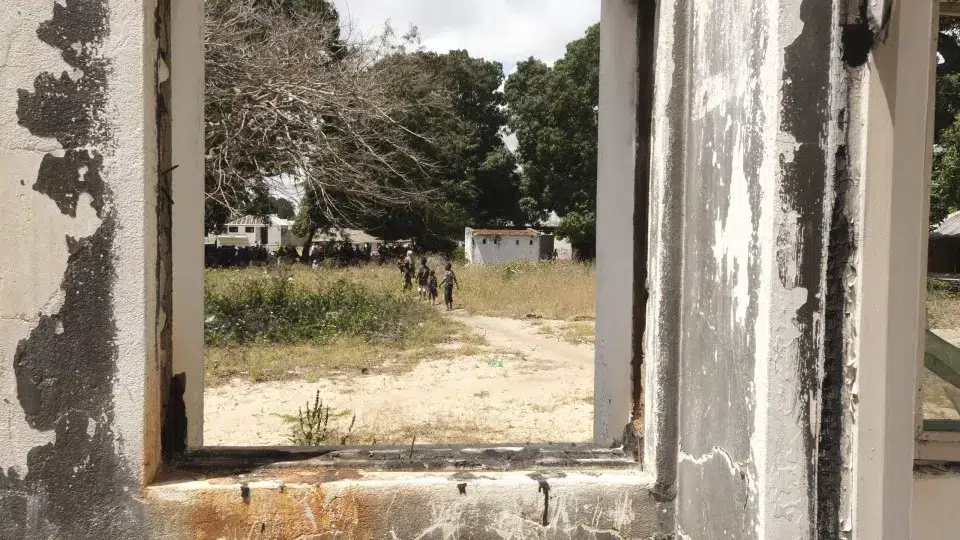
In the September Economic and Inflation Outlook Report, the central bank identifies key internal assumptions, including sustained pressure on the State Budget and the gradual restoration of productive capacity and supply of goods and services.
The report also highlights a “forecast of severe floods” in the first quarter of 2026, which will affect the supply of goods, particularly food.
However, the report emphasizes that in a context of “stability of the metical exchange rate against the US dollar,” inflation is projected to remain controlled, at single-digit levels in the medium term, despite risks linked to fiscal deterioration and supply shocks.
“Excluding the natural gas sector, moderate economic growth is anticipated, supported by the gradual advancement of projects in strategic sectors of the national economy,” the document further states, noting that “risks and uncertainties associated with inflation projections remain high.”
“Potential factors increasing inflation in the medium term include the impacts of fiscal deterioration amid growing challenges in mobilizing financial resources for the State Budget, as well as climate shocks and slow restoration of productive capacity and supply of goods and services,” it concludes.
Mozambican authorities warned on September 12 of “large magnitude” floods in the country and inundations of at least four million hectares of agricultural land during the rainy season, which began in October.
“In the second period [of the rainy season], which is January, February, and March, we anticipate heavy rains and high-magnitude floods, classified as a high regime, particularly in the Incomáti, Maputo, and Limpopo basins,” said Agostinho Vilankulos, national director of Water Resources Management, at the National Climate Outlook Forum for the 2025/2026 rainy season in Maputo.
According to Vilankulos, reservoirs in neighboring countries, including South Africa and Eswatini, are at 99% capacity, thus having limited capacity to hold additional water, necessitating runoff and resulting in subsequent floods in Mozambique.
“If the reservoirs are full, they can’t accommodate more water; thus, any rain falling in neighboring countries translates to runoff that comes to our country,” warned Vilankulos, identifying Matola, Maputo, Beira, and Quelimane as municipalities at “high risk of flooding.”
He added that the agricultural sector is also anticipated to be affected by the rains, with at least four million hectares at risk.
During the same event, Isaías Raiva, a climatologist from the National Institute of Meteorology, noted that rain will occur throughout the country from January to March, significantly impacting southern Mozambique, alongside “some dry periods.”
Américo José from Mozambique’s National Health Institute expects a higher incidence of malaria and diarrhea in the provinces of Nampula in the north, Zambézia, and Tete in the central region during the rainy season, as climate changes pose a “direct and indirect threat to the health sector.”
Hiten Jantilal, national director of Agriculture, announced preventive measures with the approaching rains, including advice to farmers on “when to start planting and how to minimize pest and disease risks.”




